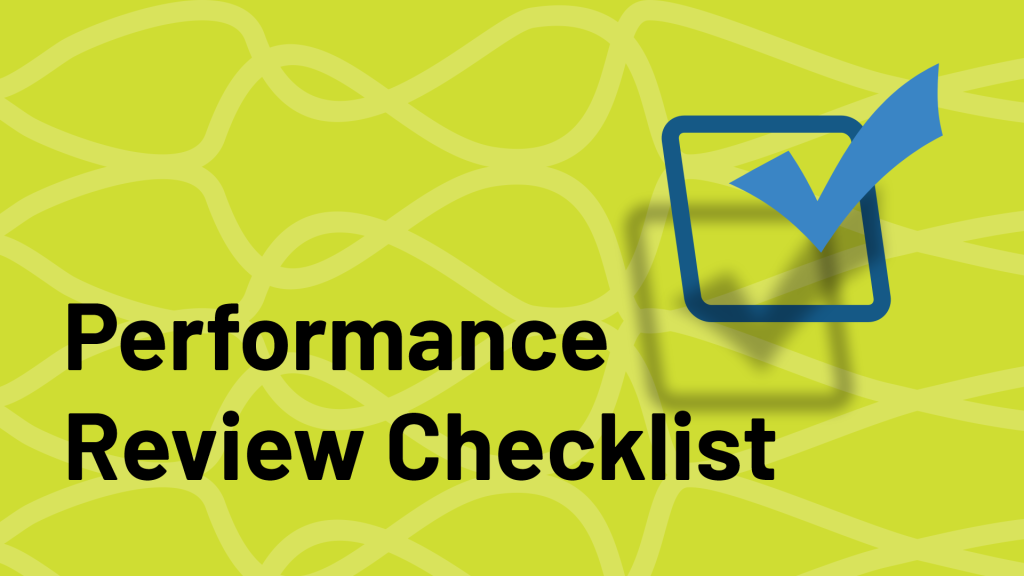06 May 2024
Why Performance Management Matters

Have you ever wondered why some companies seem to thrive in competitive marketplaces effortlessly? And they don’t just thrive. They consistently exceed expectations. You might think it takes only an excellent business strategy, but it goes beyond that. The secret weapon they often wield is a highly effective employee performance management system. Today, in an environment where innovation and agility reign supreme, a strong connection exists between a high-performing workforce and a company’s success. Effective performance management systems are the critical bridge that unlocks this powerful connection. These systems transform the equation, moving beyond simply evaluating past performance. They become a continuous feedback loop, fostering employee development and meticulously aligning individual goals with the organization’s strategic objectives.
Proten International has partnered with organizations across various industries for over a decade, helping them implement robust performance management systems. We understand the crucial role it plays in not only driving employee engagement and satisfaction but also propelling organizational growth and profitability.
Understanding Performance Management: A Historical Perspective
Performance management, in its simplest form, refers to the ongoing process of setting clear expectations, measuring individual contributions, and providing ongoing feedback to continuously improve performance. Its roots can be traced back to the early 20th century, with the emergence of scientific management principles. Over time, it has evolved from a purely top-down approach to a more collaborative process, recognizing the importance of employee involvement and continuous improvement.
Why Performance Management Matters: Reaping the Benefits
Performance management has proven itself a necessity in business. Here’s why:
- Improved Employee Engagement and Motivation: According to a report by Gallup, businesses with highly motivated employees are 21% more profitable. This profitability comes alive with performance management, as seen in another study by Science Direct, which connects performance management and frequent feedback as a root cause of employee motivation. When your employees understand their roles and see their contributions valued, they feel more engaged and motivated to excel. Performance management provides a platform for open communication, regular feedback, and recognition, leading to a more positive and productive work environment.
- Strategic Alignments: Performance management acts as a translator between your organization’s big-picture goals and the daily actions of your employees. Here’s how: By cascading strategic objectives down to individual and team goals, performance management ensures everyone’s efforts contribute to the overall plan. This translates into clear expectations for your employees, ensuring their work aligns with the company’s direction. Regular feedback and development opportunities further refine individual skills and behaviors, keeping everyone focused on achieving the strategic vision. This alignment fosters a sense of purpose and ownership among employees, ultimately leading to a more efficient and goal-oriented workforce.
- Talent Development and Retention: Performance management isn’t just about evaluation; it’s a two-way street fostering both talent development and retention. With performance management, your employees can gain a clear understanding of their strengths, weaknesses, and career aspirations through regular feedback and goal-setting discussions. This allows you to identify their skill gaps and provide targeted training or mentorship opportunities, helping them grow professionally. When they feel invested in their development and see a path for advancement within the company, they’re more likely to stay engaged and committed, reducing turnover and fostering a loyal, high-performing workforce.
- Performance Improvement and Increased Productivity: Through regular goal-setting and feedback conversations, your employees understand what’s expected of them and how their work contributes to the bigger picture. Performance management acts as a catalyst for both improved performance and increased productivity. It achieves this by fostering a clear line of sight between individual goals and overall organizational objectives.
This clarity motivates them to excel and identify areas for improvement. Additionally, performance management often involves ongoing development opportunities, equipping employees with the skills and knowledge needed to work more efficiently and effectively. This combination of clear direction, focused development, and motivated employees leads to a natural rise in both individual performance and overall team productivity.
- Data-Driven Decision-Making: Performance metrics provide valuable insights into employee performance trends and overall organizational effectiveness. This data can be utilized to make informed decisions regarding resource allocation, talent development initiatives, and strategic adjustments, ultimately leading to better business outcomes.
Key Elements of Effective Performance Management
While the specifics may vary depending on the organization, certain key elements are fundamental to building a successful performance management system:
- Clear Goals and Objectives: For you to have an effective performance management system in place, you must define clear, measurable, and achievable goals for both individuals and teams. Not only that, but these goals should be aligned with the organization’s overall strategic objectives, creating a sense of shared purpose and direction.
- Regular Feedback and Performance Reviews: Performance reviews shouldn’t be confined to annual events. Regular feedback mechanisms, including one-on-one meetings and informal check-ins, foster open communication and allow for timely course correction and continuous improvement.
- Performance Metrics and Key Performance Indicators (KPIs): Identifying relevant performance metrics and KPIs provides a quantifiable way to measure individual and team contributions. These metrics should be specific, measurable, attainable, relevant, and time-bound (SMART).
- Development and Training Opportunities: Recognizing that performance is not static, organizations should provide opportunities for ongoing learning and development. This can include training programs, mentorship initiatives, and access to resources that empower employees to enhance their skills and knowledge.
- Performance Recognition and Rewards: Recognizing and rewarding high performance is essential for maintaining employee motivation and engagement. This can take various forms, including monetary rewards, public recognition, and career advancement opportunities.
In Conclusion…
Effective performance management is not a one-time event but an ongoing process that requires continuous evaluation and adaptation. By investing in a robust performance management system, your organization can unlock a plethora of benefits, from increased employee engagement and productivity to improved strategic alignment and organizational growth.
At Proten International, we’re passionate about helping businesses create high-performing workforces. We offer a comprehensive suite of performance management consulting services tailored to your specific needs and industry. Contact us today to learn how we can help you build a performance management system that drives success for your organization.
Join 2000+ Subscribers
Subscribe to Our newsletter to stay informed

UK: 5, Seacourt road, London. SE2 9UW
NIGERIA: 11a, Mojidi Street, off Toyin Street, Ikeja, Lagos.
GHANA: F393/4 Otwse street, Osu, Accra, Ghana
(+234) 901 278 1155
info@protenintl.com
Our Services
Latest Tweets
ProtenConnect will notify you every step of your interview journey.
Join now: https://careers.protenintl.com/register
#hiring #HiringNow #Careers #jobtribes
Copyright © 2024 Proten. All Rights Reserved
Terms Of Service
Privacy
Cookies










